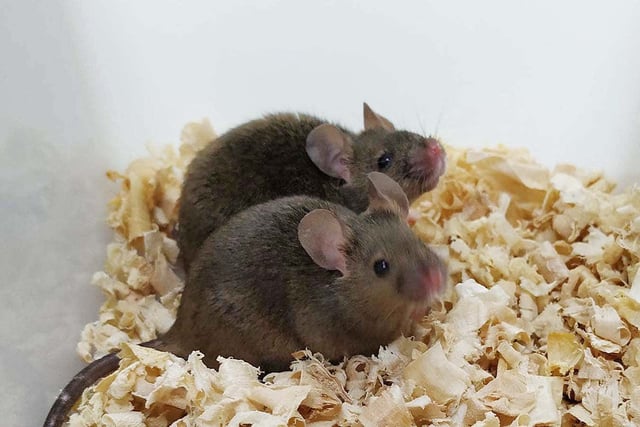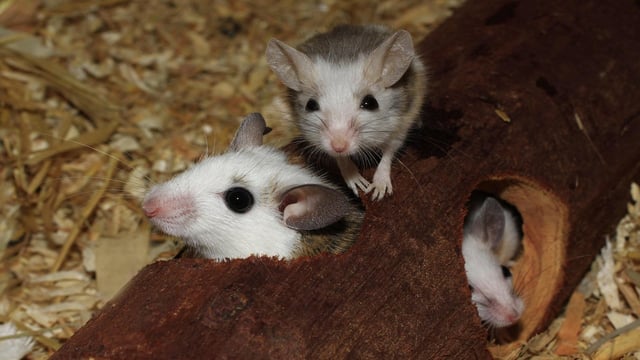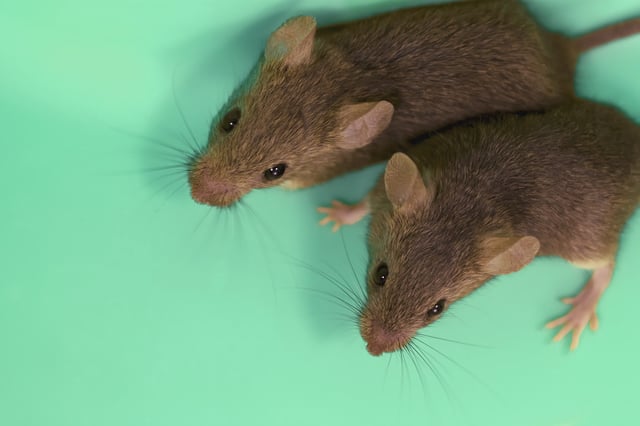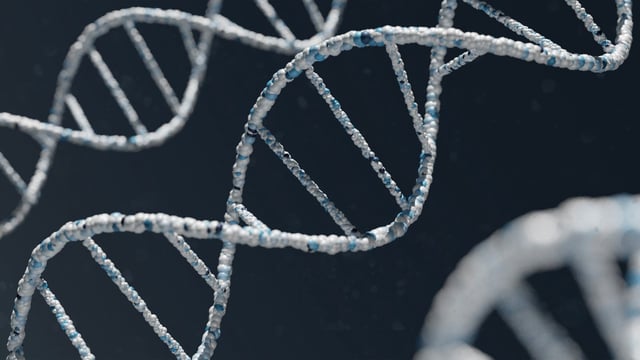Overview
- Yanchang Wei’s team at Shanghai Jiao Tong University reprogrammed seven imprinting control regions in sperm DNA using epigenome editing to overcome barriers to uniparental reproduction
- Of 259 embryos implanted into surrogate females, two male mice survived to adulthood and both went on to father healthy litters
- The study confirms genomic imprinting as the key hurdle in uniparental mammalian reproduction and shows it can be surmounted without altering DNA sequences
- The approach avoids genetic modification of the DNA sequence, potentially offering a safer route than earlier multi-gene editing methods
- Researchers caution that the technique’s low success rate, high egg and surrogate demands, and ethical considerations make human application unfeasible for now



